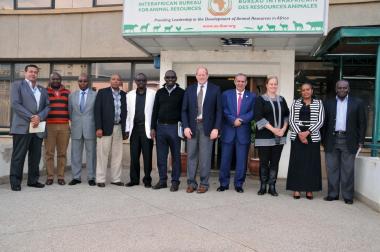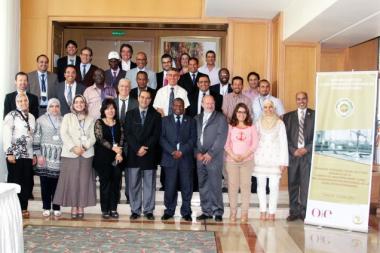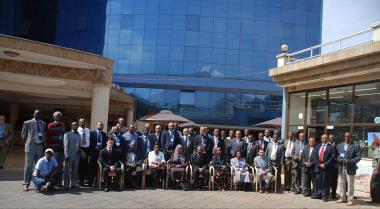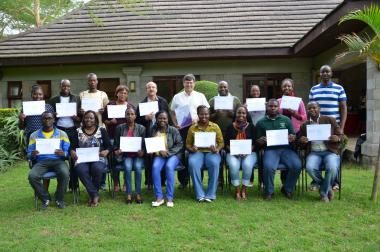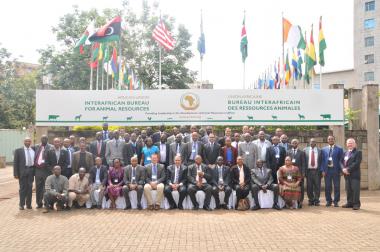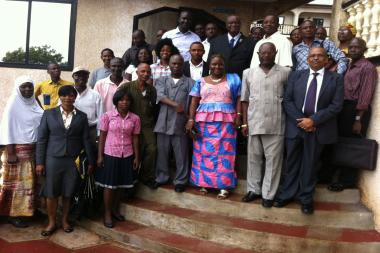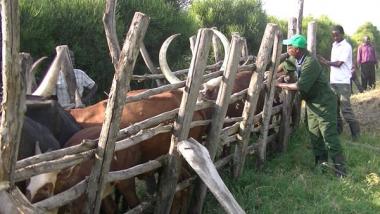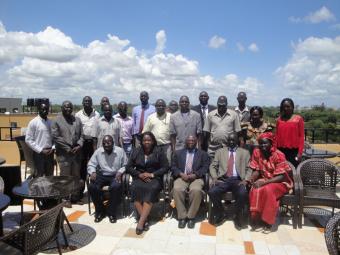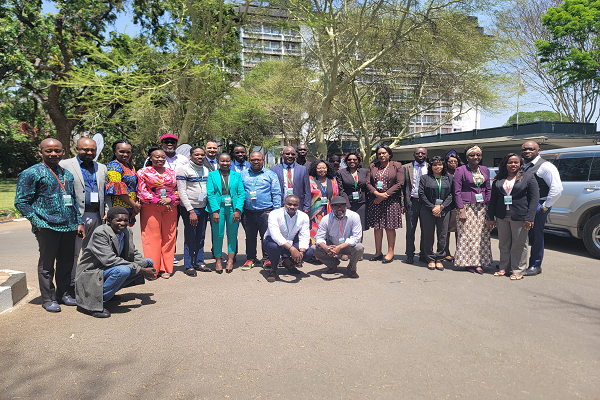
To ensure that the Sanitary and Phytosanitary (SPS) Programme in Africa has a robust communication strategy, action plan, and a corporate brand, the African Union (AU) is hosting a pivotal workshop in Lusaka, Zambia, from September 24th to 27th, 2024. The SPS Programme plays a vital role in protecting plant, animal, and human health across the continent while facilitating trade. This workshop seeks to reaffirm Africa's commitment to improving SPS standards to advance intra-regional commerce and meet global market demands.
The AU established the SPS Policy Framework to address persistent challenges in food safety, pest control, and disease prevention. The policy aligns with major continental strategies, such as the Comprehensive Africa Agriculture Development Programme (CAADP) and Agenda 2063. However, progress has been hindered by gaps in communication, inadequate funding, and limited knowledge dissemination. These challenges contribute to food contamination, pest infestations, reduced productivity, and restricted market access. Poor knowledge management and insufficient advocacy efforts further hinder regional and national implementation of SPS measures.
Given the increasing importance of SPS standards for accessing both global and high-value local markets, raising awareness and ensuring compliance is critical. Among Africa’s commitments outlined in the Malabo Declaration, tripling intra-African agricultural trade, particularly under the African Continental Free Trade Area (AfCFTA), hinges on improved SPS implementation.
Workshop Rationale
The development of a comprehensive SPS Communication Strategy is key to maximizing Africa’s agricultural potential. Clear and effective communication is essential for fostering transparency, adherence to SPS regulations, and political support. The proposed strategy will enhance advocacy, mobilize resources, and increase stakeholder engagement, driving more consistent and widespread application of SPS measures across the continent. In doing so, it will improve knowledge sharing, compliance, and ultimately facilitate smoother trade within Africa.
Workshop Goals
The main objective of the workshop is to validate the SPS Communication Strategy for Africa. The strategy will provide a blueprint for effective branding, advocacy, and communication, ensuring that the goals of the SPS Programme are understood and embraced by all key stakeholders. Specific workshop goals include:
• Reviewing the draft SPS Communication Strategy to ensure it meets stakeholder needs and addresses implementation challenges.
• Finalizing and approving the action plan, which will define the timeline, resource allocation, and responsibilities for the strategy’s execution.
• Reviewing the SPS Programme’s branding strategy to ensure it is recognized and respected across Africa.
During the workshop’s opening remarks, Mr. Chiluba, Senior Advisor for Sanitary and Phytosanitary at the African Union Commission (AUC), highlighted the workshop’s importance in developing a Continental SPS Communication Strategy, Action Plan, and Corporate Brand. He emphasized that these efforts focus on ensuring food security, shared prosperity, and improved health across Africa. Mr. Chiluba further noted that the SPS Programme is key to achieving the Malabo Declaration’s goal of tripling intra-African trade in agricultural commodities and supporting the AfCFTA’s Annex 7 objectives. However, he acknowledged the persistent challenges in implementing science-based SPS systems, such as limited resources, weak institutional frameworks, and inadequate infrastructure. He stressed the importance of data-driven decision-making, enhanced surveillance, and the development of new technologies to address emerging SPS issues. The strategy, he added, must provide clear guidelines for communicating key messages, choosing appropriate channels, promoting advocacy, raising awareness, and sharing information sustainably among stakeholders. The AUC reaffirmed its commitment to transforming African food systems for greater sustainability, resilience, and inclusivity.
Workshop Outcomes
By the end of the workshop, several key outcomes are anticipated. These include finalizing the SPS Communication Strategy, which will be resubmitted to AU policy organs for endorsement. An approved action plan will also be developed, outlining specific timelines, resource allocations, and roles to ensure effective implementation. Additionally, the workshop is expected to secure approval of the SPS Programme’s branding, which will provide it with a distinct identity recognizable across Africa.
By participating in the Validation Workshop on SPS Communication Strategy, Action Plan, and Corporate Branding, stakeholders are making a significant step forward in aligning Africa with global SPS standards. The workshop will accelerate the implementation of SPS measures across the continent, enhancing communication and raising awareness to promote trade, health, and the objectives of both the AfCFTA and the Malabo Declaration.

